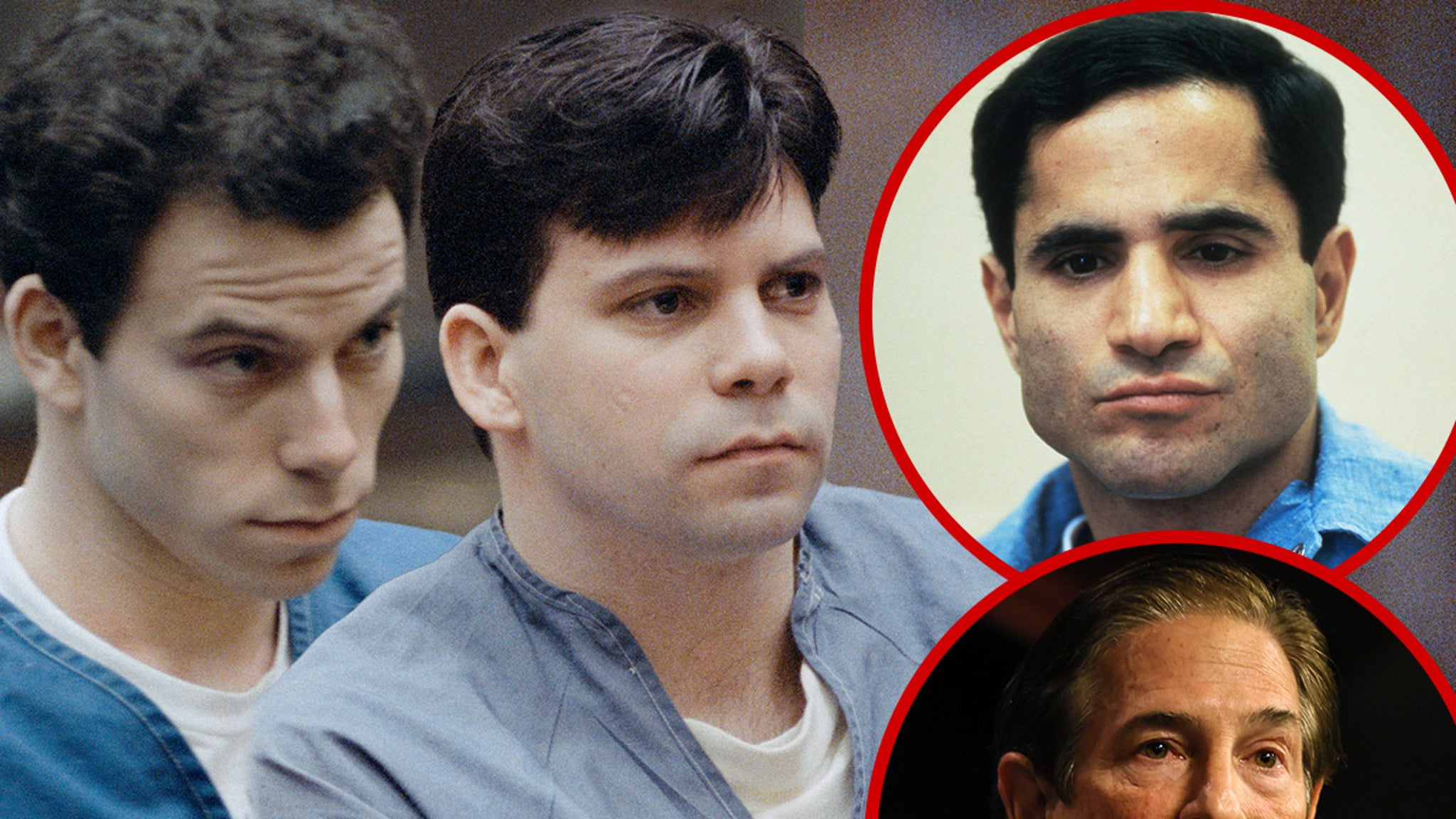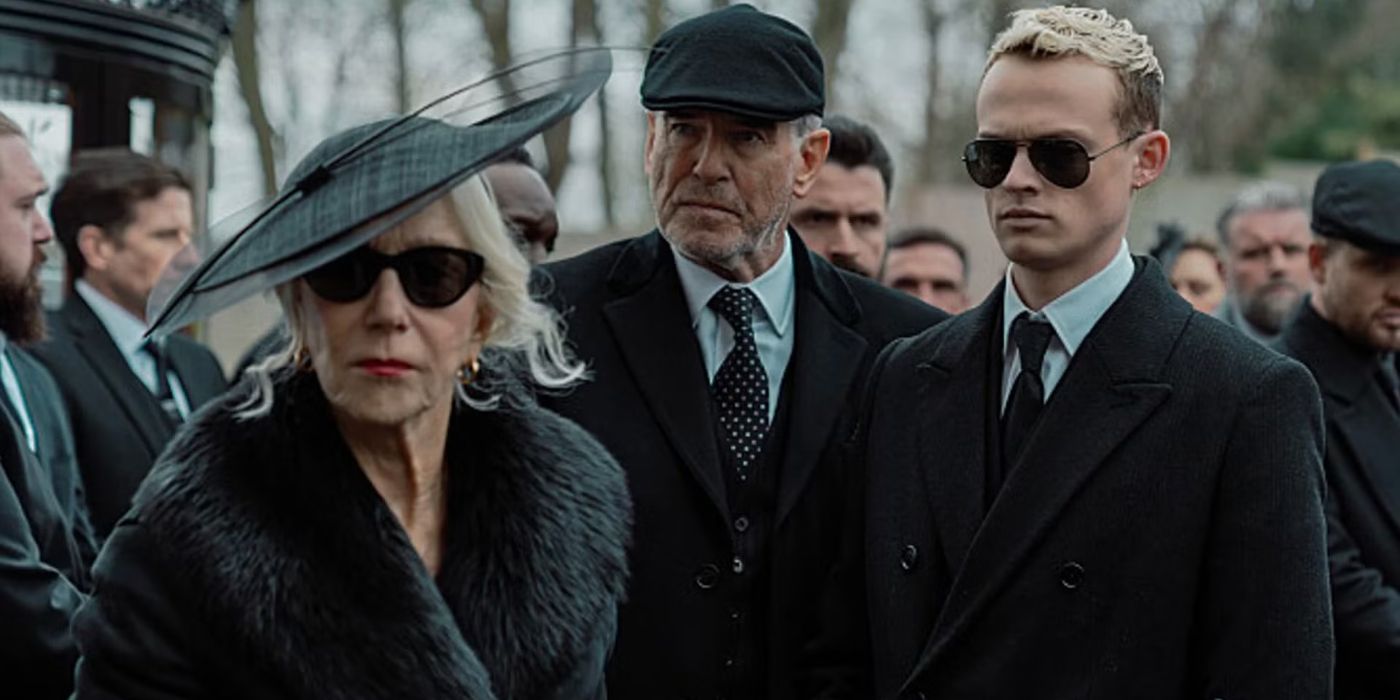Writer and director Seligman bottles these inter-personal tensions and slowly simmers them to boil, escalating each situation by just the right amount until the film’s ultimate crescendo and final punchline. The result is a painfully funny comedy that feels both universally relatable in its depiction of awkward family dynamics and very specific to Danielle’s experience of watching her sex life collide with her religious community. There’s almost no other ally she can count on at the shiva, and every new room brings with it a new set of unpleasantries. Even before she steps into the house, Danielle is on guard against others’ judgement, yet it’s all she seems to find in whispers and side-long glances. But it’s not without a valiant defensive effort. She rehearses her answers about what she’s doing with her life with her parents so that everyone is on the same page. It’s the kind of mental gymnastics and fake pleasantries one does to save face, like a pained smile to soothe over any disapproving raised eyebrows. Seligman captures these performative nuances with astute precision.
But Seligman’s masterful approach would have not been nearly as effective were it not for Sennott’s exquisitely exasperated performance. She strikes the perfect tone of feeling annoyed by her parents and mortified by the situation of getting stuck with her ex and sugar daddy. Every piercing stare, every facial muscle twitch and heightened voice conveys her outrage hidden behind her feigned smile. Danielle’s interactions with Max and Maya each have their own rhythm and emotional arc. With Max, there’s a slow suspense of whether or not they will continue their arrangement now that she knows he has a wife and child, a detail previously hidden from her. Maya is much more confrontational, needling Danielle in front of others and cutting through her facade with direct questions. Their run-ins feel like the highs to Danielle and Max’s lows, an unsettling roller coaster ride that’s set to crash before long.
Adding fuel to the fire of Seligman’s direction and Sennott’s performance is cinematographer Maria Rusche, who captures the somber tones of a house in mourning with all the tappings of a family nightmare one can’t seem to escape. At times, “Shiva Baby” feels like a Luis Buñuel film, where no matter how hard Danielle tries to avoid certain people and break away from fake pleasantries, she’s invariably stuck with this group. The cross-cutting by editor Hanna A. Park heightens the already the already tense choreography of this claustrophobic gathering. To top off the movie’s apprehensive spirit, Ariel Marx string-heavy score layers on a final helping of uneasiness in Danielle’s mind, as plucked chords and strained notes accompany her inner chaos.
You can view the original article HERE.
















.jpg)












